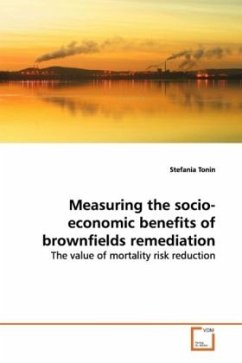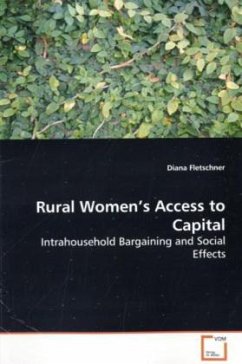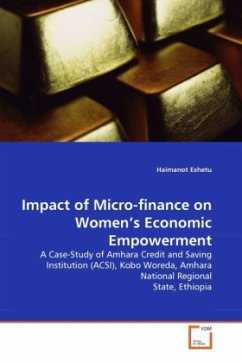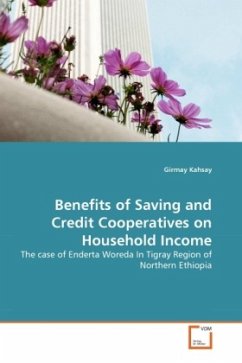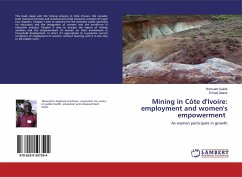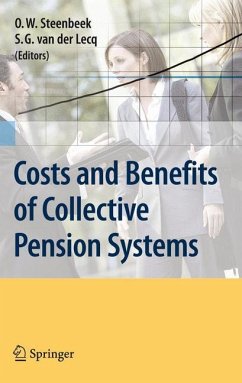
Non Market Benefits of Women's Education
An Evidence from the Surat City
Versandkostenfrei!
Versandfertig in 6-10 Tagen
52,99 €
inkl. MwSt.

PAYBACK Punkte
26 °P sammeln!
The present work analyses the non-market benefits of women's education by using data of 300, 25+ age women from the Surat city. These non-market benefits of education are extremely important from the human development perspective, but are by and large ignored by the economists so far. Women's education is of more importance because they spend most of their time in home outside market place, and thus they are more likely recipient of these benefits. Seen from this angle, and looking at the kind of responsibility of handling the whole family women have, their education and its non-market benefit...
The present work analyses the non-market benefits of women's education by using data of 300, 25+ age women from the Surat city. These non-market benefits of education are extremely important from the human development perspective, but are by and large ignored by the economists so far. Women's education is of more importance because they spend most of their time in home outside market place, and thus they are more likely recipient of these benefits. Seen from this angle, and looking at the kind of responsibility of handling the whole family women have, their education and its non-market benefits are of immense importance for the household as well the society. The results are mixed having major policy implications.



